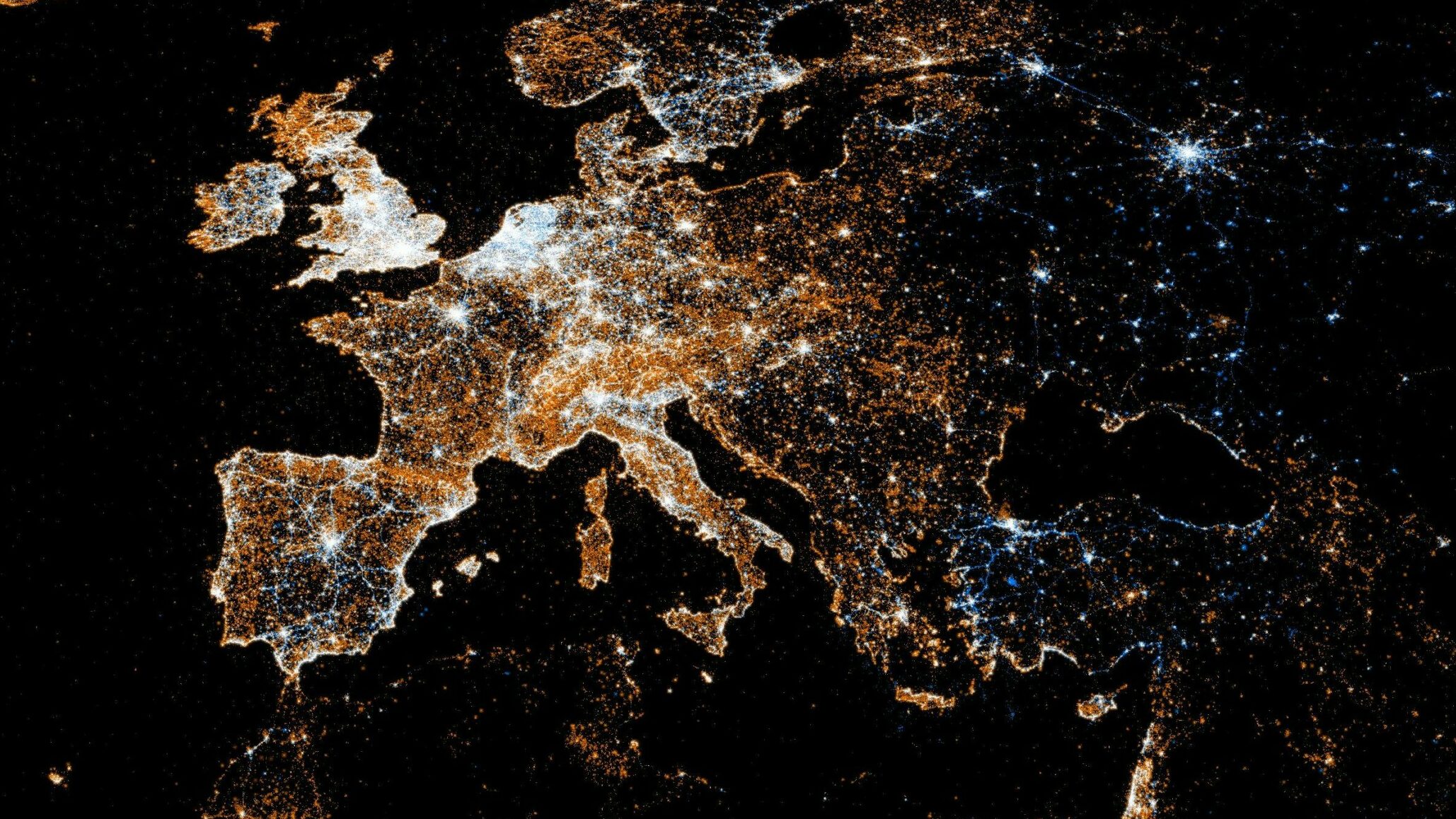Open data on non-voting in Greece
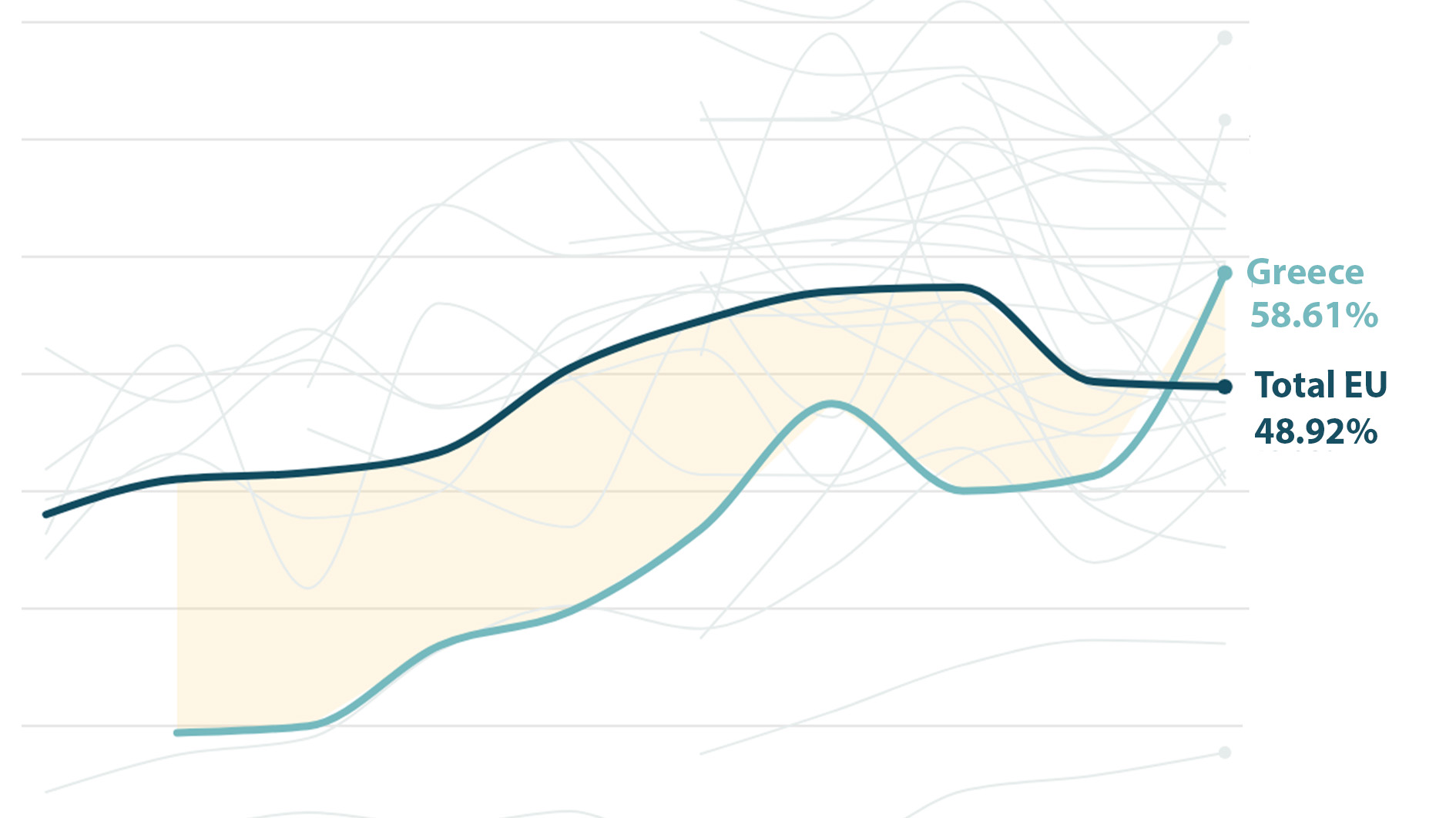
We collected data from several different official online sources, and we created machine-readable datasets containing figures for the participation of Greek citizens in the elections.
The voter abstention “bomb”, over time, across Europe
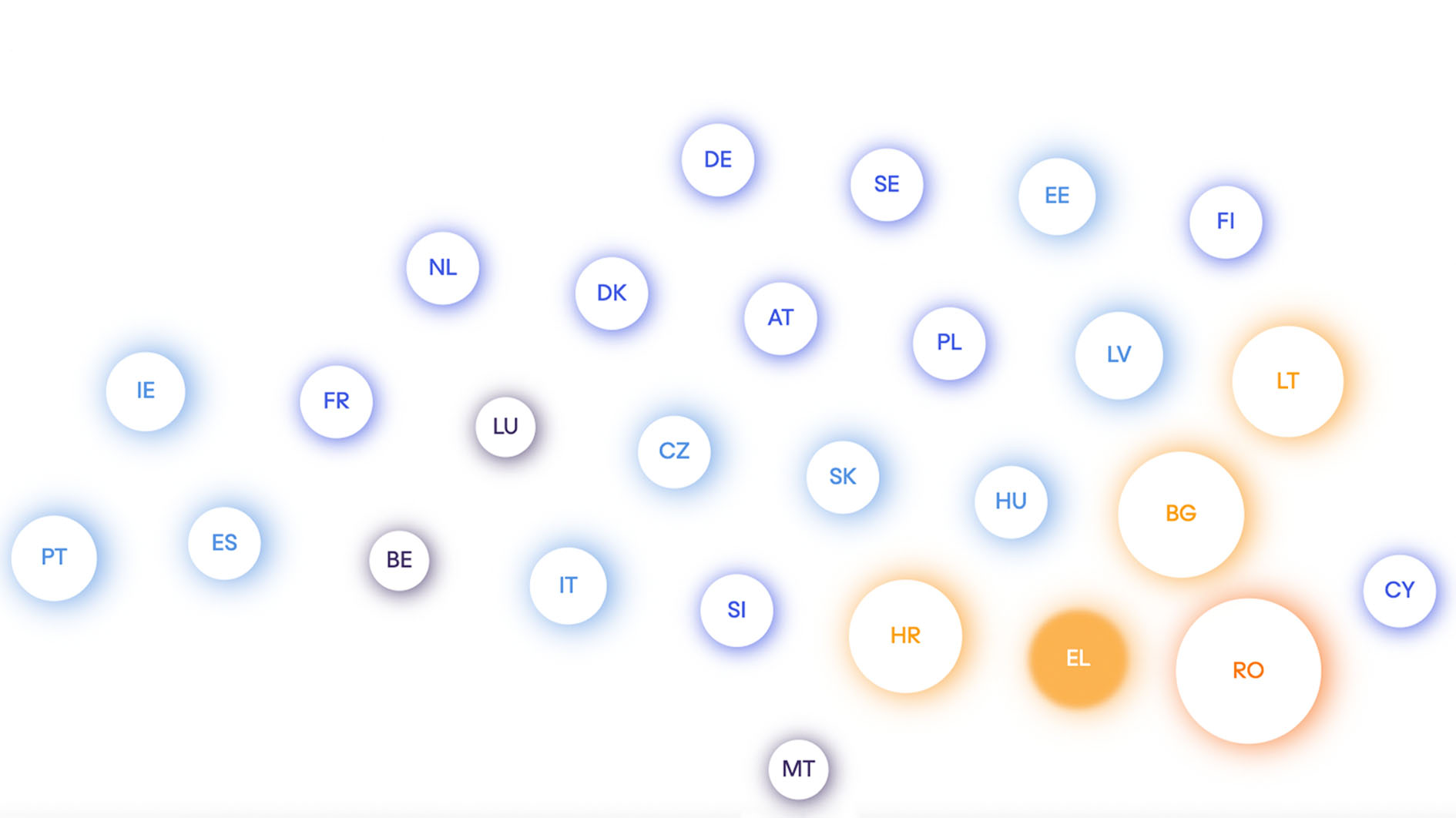
A cross-border data journalism feature, led by Divergente with the assistance of twelve other journalistic organizations—members of the European Data Journalism Network (EDJNet)—studied voter abstention from all types of elections across Europe over the last 50 years. It examined voter turnout in relation to 16 socio-economic indicators, analyzing a total of 697 elections in the 27 Member States from 1974 to 2023.
Fires in Greece: when migrants become scapegoats

The Greek region of Evros, devastated by fires last summer, is also the external border of the EU: there is a strong temptation to blame the fires on the migrants who cross it. Experts, however, point out the responsibilities of the Greek institutions.
The messy data sources behind the “Mapping diversity” project
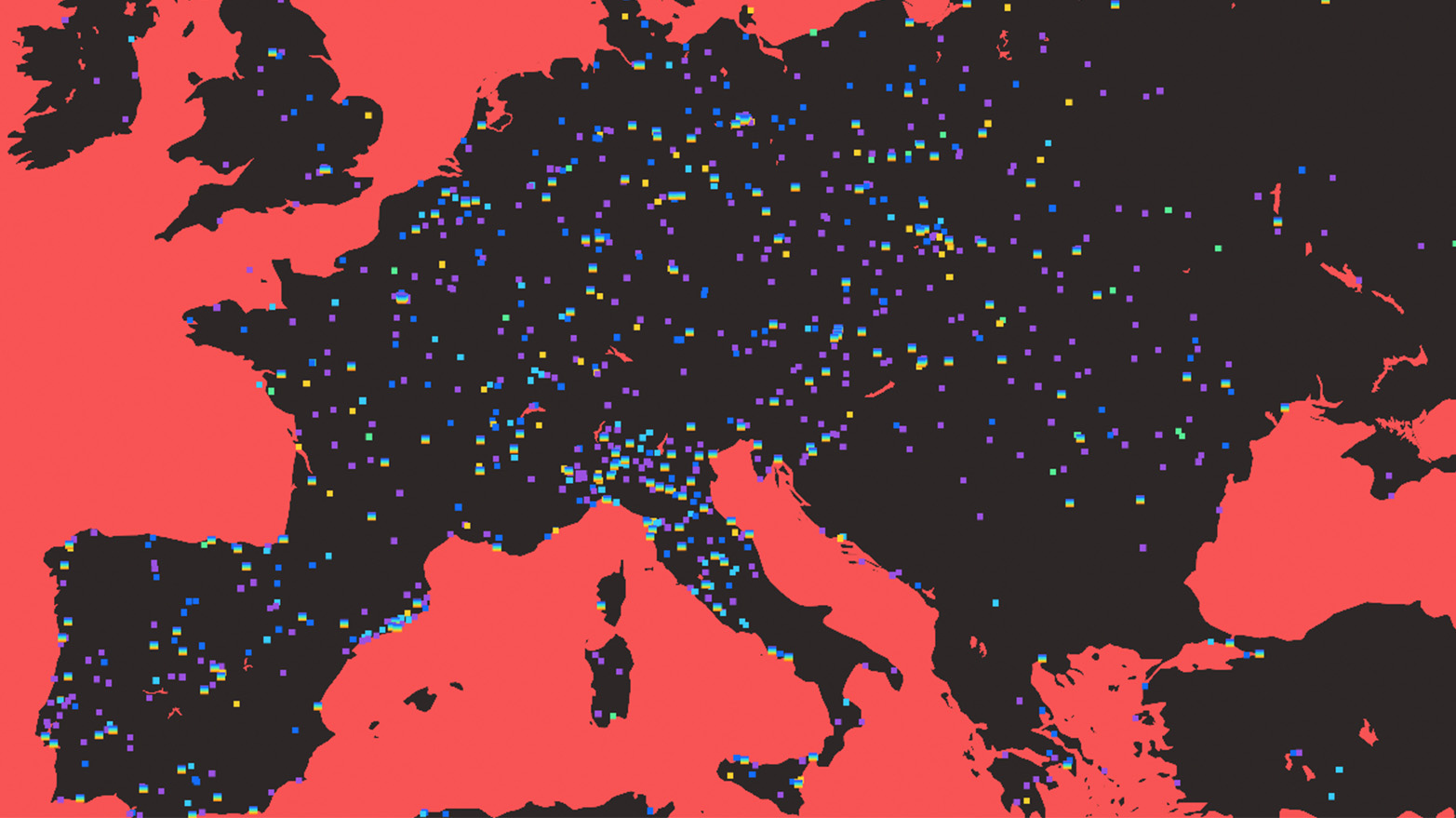
The methodology followed regarding the sources, the data collection and the data processing as part of the EDJNet's "Mapping Diversity" project.
Mapping the honoured individuals in the streets of Europe

EDJNet looked at 145,933 streets named after individuals in 30 major European cities located in 17 different countries. Only 9% of these are named after a woman.
The gender gap in Europe’s street names is here to stay
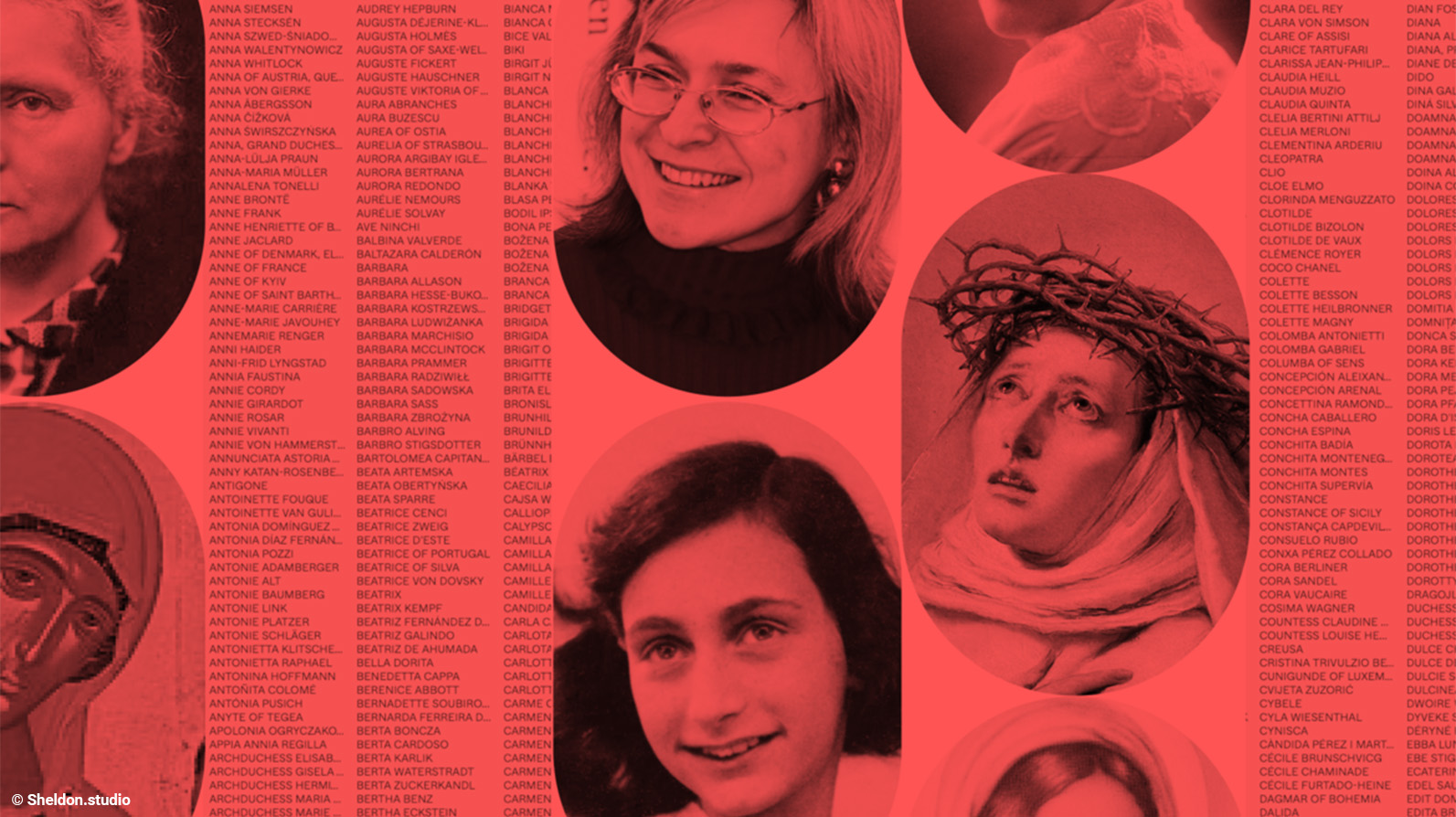
In 30 of Europe's biggest cities, streets named after women make up only 9 per cent of the streets dedicated to individuals. The imbalance has started to narrow in some places, but progress is too slow: at this rate, it would take centuries to really close the gap.
